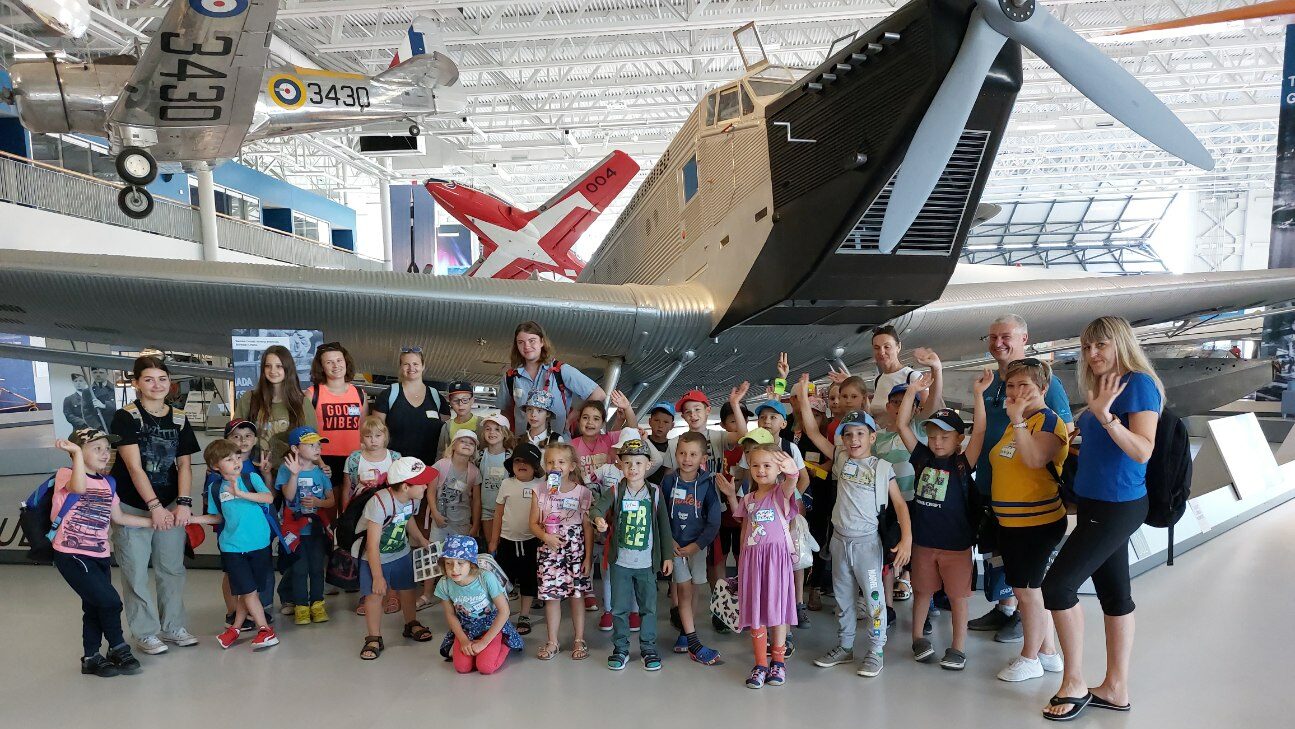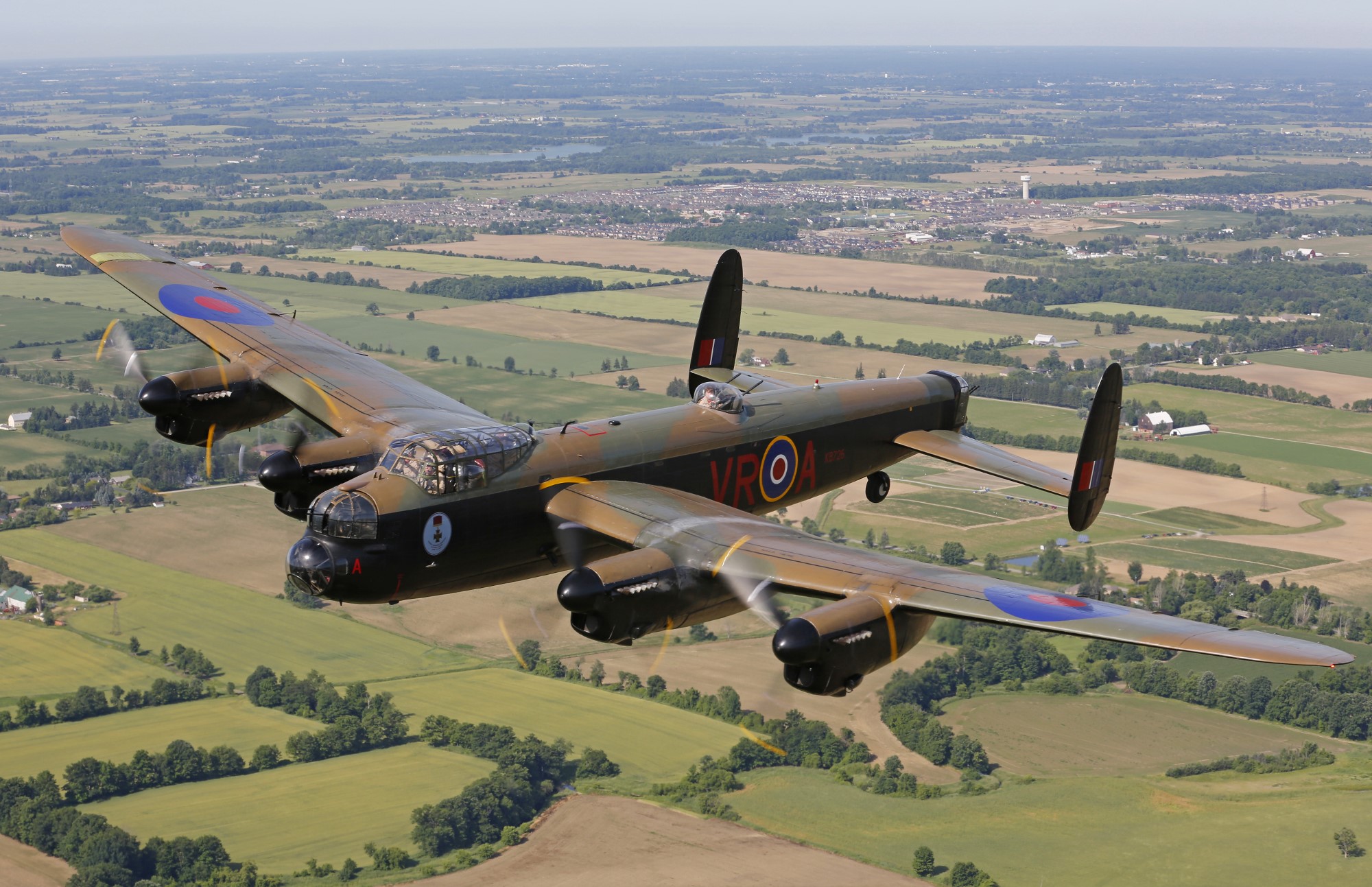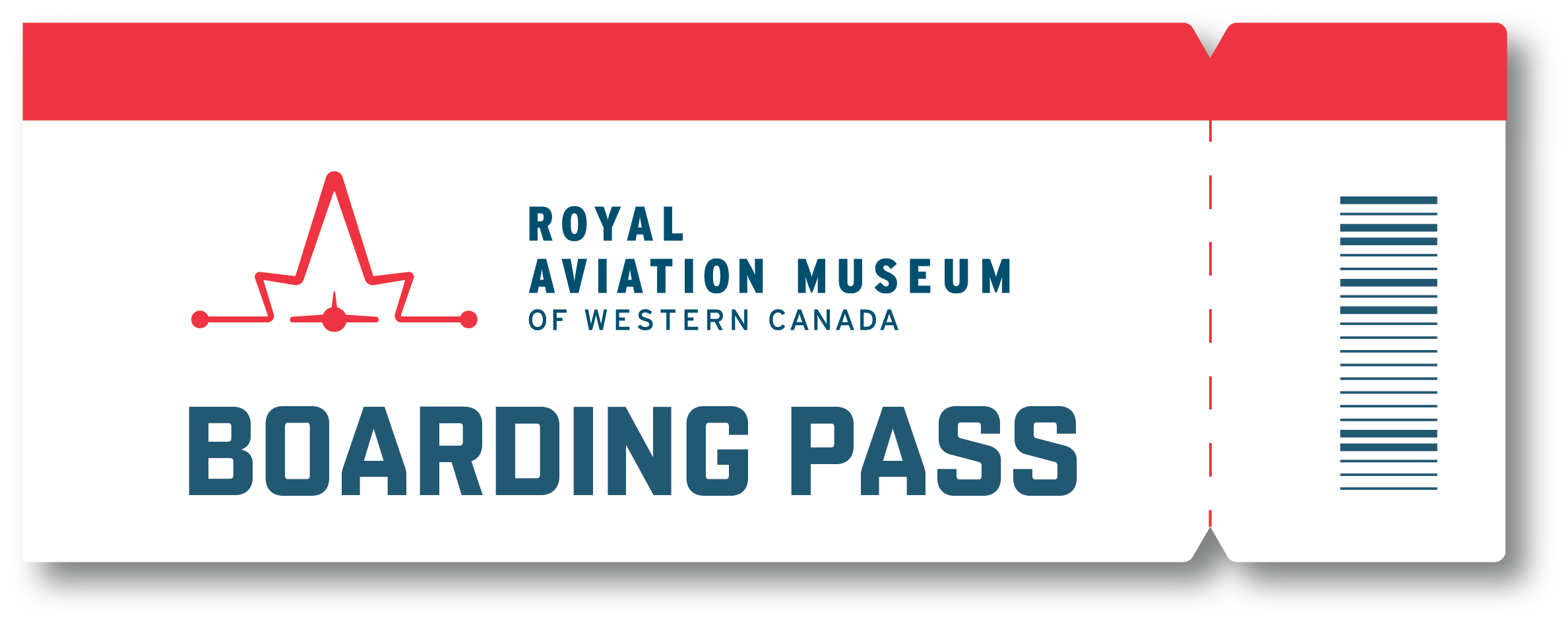June 20, 2023
By Joan Wong
Have you ever dreamed of flying through the air in a 1920s Aeromarine-built bi-plane?
My grandfather, Charlie Wong, was one of the first Chinese pilots to realize this dream when he was a mere youth. News of his training spread and his arrival in Shanghai was anticipated before the outbreak of the war between China and Japan in 1937.
Charlie Wong (Shew Lung Wong) was born in Hoy Shun, China in 1906. He was the third oldest of six children. Economic conditions in China led him to Canada in pursuit of migrant work. He arrived as a 14-year-old schoolboy with his father at the port of Vancouver, British Columbia in the fall of 1920 via the Monteagle passenger steamship. His father paid a head tax of $500 dollars for his entry into Canada. At the time, $500 dollars was equivalent to buying two houses in Montreal, or two years’ salary. Even though this was an enormous sum, his father managed to raise it through the generosity of friends and relatives in China. From Vancouver, or “Salt Water City” as it was then known, they continued eastward to Winnipeg by train.
Charlie and his father resided at 270 Pacific Avenue in Winnipeg’s Chinatown. Initially, they worked in the laundry trade, but eventually, Charlie’s father opened a successful curio business. Although Charlie did not attend public school he learned English quickly. He was interested in flying so he saved enough money to pay for flight training and became the first Chinese aviator to get his pilot’s license at Canadian Airways Aviation School. He had the opportunity to train under the famous Jack Moar, who was described in a Winnipeg Free Press article as ” … a veteran pilot of northern Canada… known as the ‘pinch-hit flier’, named after having made so many dangerous flights in cases of emergency.”[i]
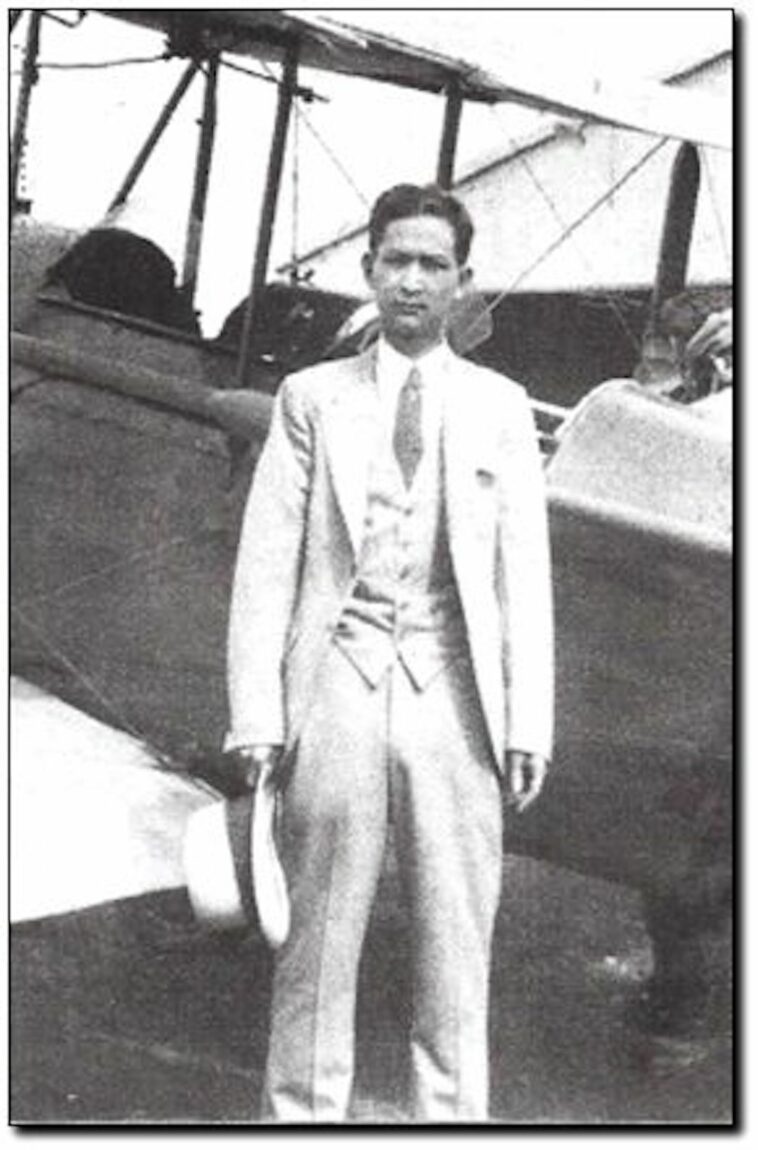
In the late 1920s, he met a Caucasian woman named Jean and together they had a daughter named Dolly. Charlie’s father did not approve of this interracial relationship and would have preferred he marry a Chinese woman. As a result, Charlie’s relationship with Jean ended and in 1931, he returned to China to volunteer his services with the Chinese national air force when the fighting with Japan started. However, by the time he reached his destination, he was not needed. During this time, he met and married my grandmother, Lie Fong Lee and the couple had two children, my father, Quon Hen (Henry), and a daughter named Winnie. Although Charlie was able to return to Winnipeg, his wife and small children could not accompany him due to the Chinese Immigration Act (also known as the Chinese Exclusion Act) enacted in 1923 and repealed in 1947. Like many Chinese migrant workers in this country, Charlie sent regular remittances home to support his wife and children.
During the Second Sino-Japanese War (1937-1945), people believed that Chinese aviators in the Western world would be asked to return to China to fight. In a 1937 Winnipeg Free Press article Charlie expressed his willingness to do this, and his optimism that China would be the eventual victor: ” … That’s the way in which China will eventually win out, for they have the manpower, the staying power, the borrowing power and can wear Japan down to a frazzle. Monied men in all parts of Canada and the United States – not excluding Winnipeg – are sending in their funds. It will be a long, drawn-out war, as I said before, and in this way, China will eventually prove the conquerors.”[ii] Charlie’s personal friend, Mr. Cheolin, a writer for the China Press who witnessed the carnage in war-battered Shanghai, declared that ” … more than 500 Chinese bombing planes were being primed at Honan China airdrome for a final major counter-attack when tons of high explosives will be showered on the island empire of Japan.”[iii] Charlie believed he would finally be able to use his aviation training to fight for his home country. However, shortly after his interview with the Winnipeg Free Press, Charlie contracted tuberculosis and was hospitalized.
In late April 1942, Charlie enlisted in the Royal Canadian Air Force. It is not known if he was sent to China. It is known that eight Chinese men from Manitoba returned from overseas duty on the Canadian National Railroad on December 19, 1945.[iv] While it was rare for Chinese men living and working in Winnipeg to be aviators who had enlisted in the Canadian Forces, it was quite common for men to live lives that straddled two continents. On the one hand, men sent remittances home to distant families denied entry into Canada until after the 1947 repeal of the Chinese Immigration Act. But on the other hand, they were rooted in Canada and participated in a number of community events and activities throughout the year.
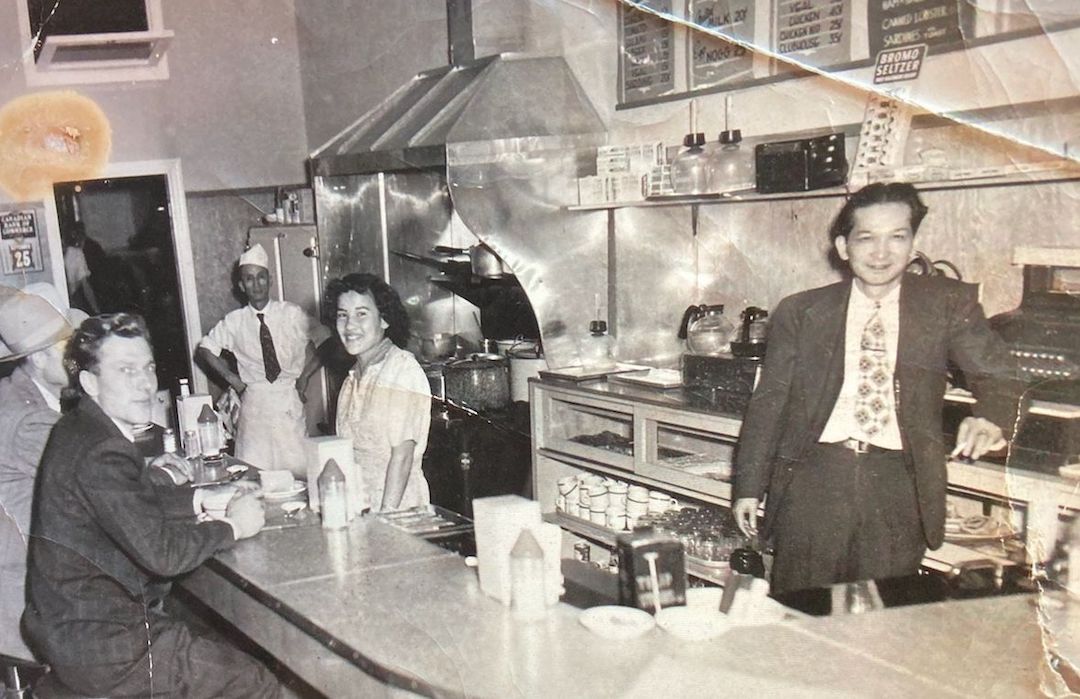
In the late 1940s, Charlie opened and operated a cafe and billiards hall, Charlie’s Snack Bar and Pool Hall, at 214 Alexander Ave in Chinatown. Three years after the repeal of the Chinese Immigration Act, his wife and two children joined him in Canada. He worked alongside his son and wife until one evening a fire broke out and destroyed the building. The business was rebuilt and Charlie and his wife Lie Fong continued to work there until they retired in the mid-1960s. For decades, he sponsored many relatives and friends for a better life in Canada.
In 1953 another daughter Ulie (Julie) was born and in 1956 he arranged for his son Quon Hen (Henry) to marry a beautiful young lady named Shui Hing Yuen (Jenny). Shui Hing agreed to marry and the rest of her family was sponsored to enter Canada. A few years later Winnie married as well.
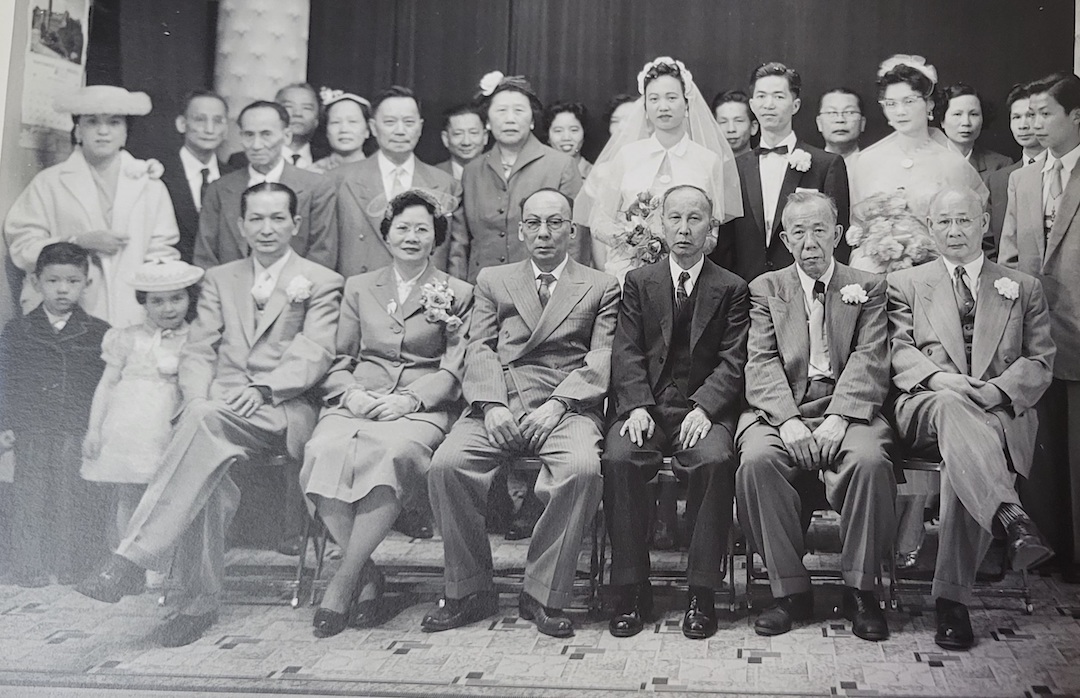
In 1962, Charlie and Henry purchased a large duplex located three blocks west of Chinatown in the Centennial neighbourhood at 378 Alexander Ave., which they shared. My grandparents lived and raised their youngest daughter Julie on one side, and Henry and his wife Jenny, lived on the other side where they raised five children, Roy, Joyce, Janet, Rob, and I.
Charlie was an entrepreneur and in the late 1960s, he opened a men’s only club in Chinatown called Tai Roy. Here, men from the Chinese community (the majority of whom were in the restaurant business) would gather after an evening of work to play mah-jong, dominoes, fantan and other games. Tai Roy remained open until the late 1970s, providing an important place for men to socialize with friends and share customs. I recall that it was a large hall, set up with game tables and smelled of stale cigarette smoke, old wood, leather, and sometimes incense.
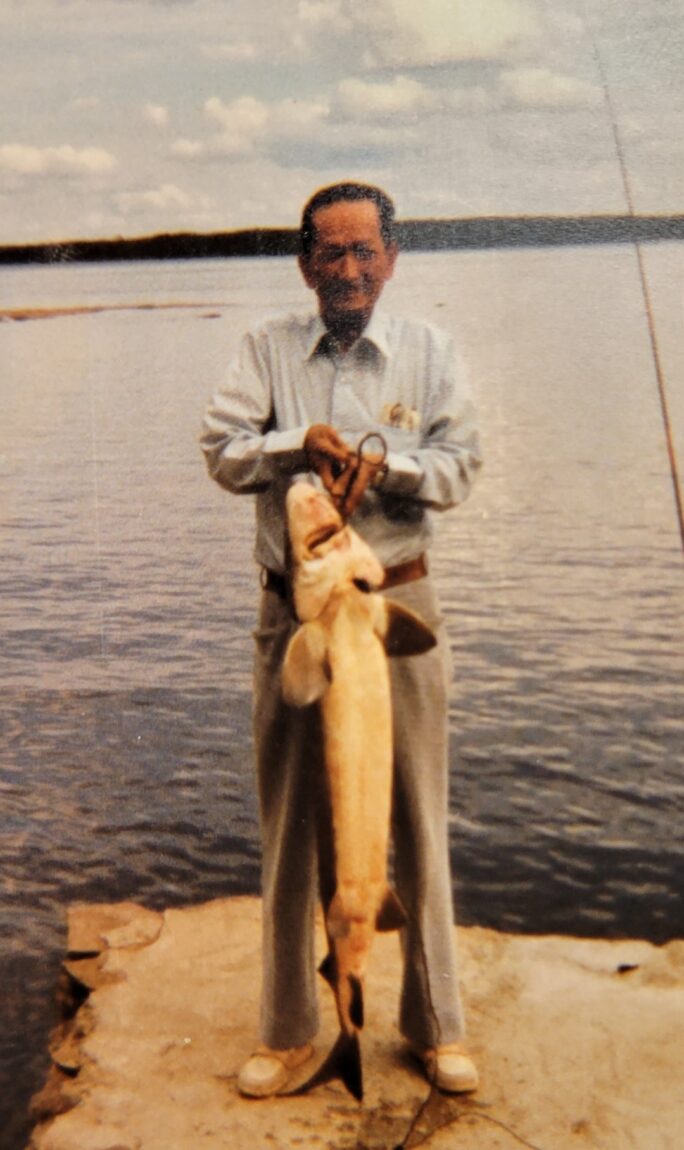
Charlie had a big heart. He helped many non-English-speaking Chinese immigrants with translation. He had a wide range of acquaintances and friends who knew the law and who could help in various situations. He helped others bring their families over from China and when he heard that a young family could not afford a proper burial for a deceased relative, he paid the funeral costs.
Like many, Charlie was active in a Chinese organization called Kuomintang (KMT) and an occasional member of the Chinese Dramatic Society (Alison Marshall, “Winnipeg Chinese Organizations: notes”). Charlie also loved to go fishing and hunting. He would often drive out to Whiteshell Provincial Park with his long-time friend Pete and visit another friend Rudy who lived in a log cabin on Nutimik Lake. He would return from the woods and lakes with deer, duck, and pickerel. In retirement, his son and grandson would join him on these outings.
Charlie passed away from sclerosis of the liver in August of 1982 at the age of 76. He was a grandfather to 15 grandchildren.
***
Thank you to Joan and Joyce Wong for sharing the story of their grandfather with us.
[i] (Winnipeg Free Press, Aug 21, 1937, 4)
[ii] (Winnipeg Free Press, Aug 21, 1937, 1 and 4)
[iii] (Winnipeg Free Press, Aug 21, 1937, 4)
[iv] (The Winnipeg Evening Tribune, December 19, 1945, 1)

